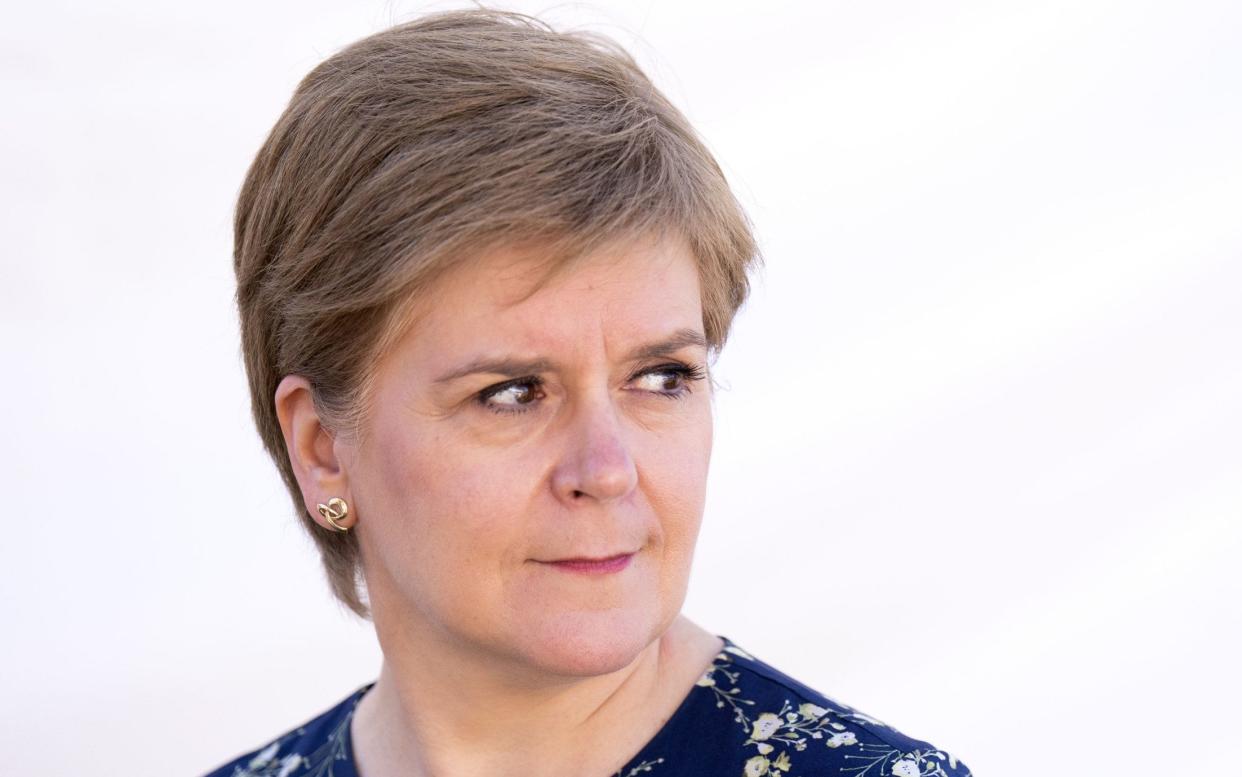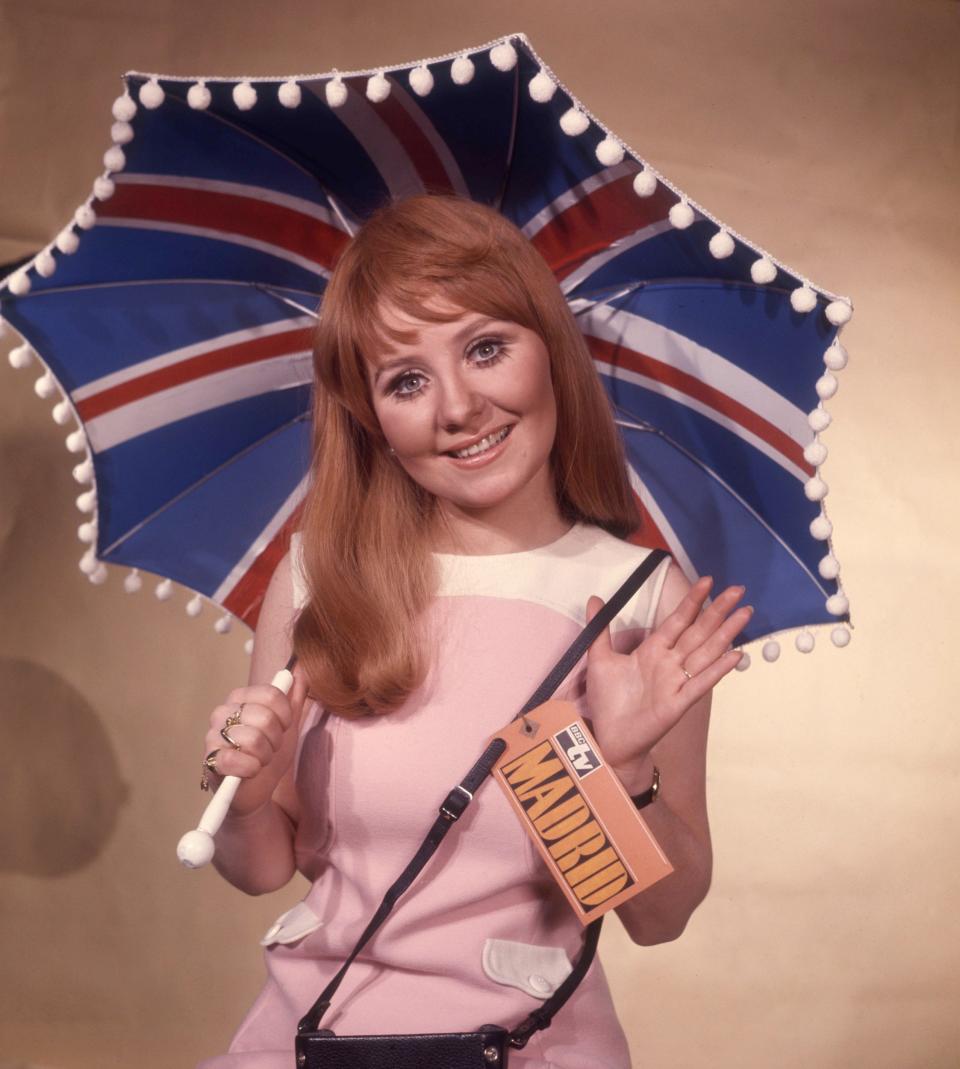Nationalists call for Scotland to compete against the UK in Eurovision 2023

Eurovision organisers are facing nationalist demands to allow Scotland to have its own entry in next year’s contest after Glasgow emerged as the frontrunner to host the event.
On Friday, Scotland’s largest city became the bookmakers’ favourite to win the right to stage the song contest, after the BBC provoked controversy by selecting nowhere south of Birmingham on a shortlist of seven possible cities.
While London was left off the shortlist, to the “disappointment” of Sadiq Khan, the city’s mayor, Birmingham, Manchester, Liverpool, Leeds, Sheffield and Newcastle also made the cut.
Nicola Sturgeon was among the first to back the Scottish bid, tweeting:
It’s got to be Glasgow! 🎉#Eurovision #TeamGlasgow https://t.co/YaTsrPYQU2
— Nicola Sturgeon (@NicolaSturgeon) August 12, 2022
However, independence-supporting politicians said they feared that their opponents would use the event to “plaster Union flags” across the city, one of only four out of 32 areas to vote to leave the UK in the 2014 referendum.
Instead, they said that Scotland should be allowed to have its own contestant, who would compete against the UK, which as one of the so-called “big five” nations wins automatic entry to the grand final.
Angus MacNeil, one of the SNP’s longest-serving MPs and chair of the International Trade Select Committee, described calls for a Scottish entry as an “excellent suggestion”.
He claimed it would show Vladimir Putin that neighbouring countries could have an “international personality” while still being “calm and rational” towards one another.
The UK is hosting Eurovision because its entry, by singer Sam Ryder, was runner-up to Ukraine this year.
The winning nation usually hosts the next year’s event, but organisers are unable to stage it in Ukraine because of the Russian invasion.
“Scotland and Ukraine having independent entries would highlight a path of acceptance and understanding that should be embraced,” Mr MacNeil said.
According to bookmakers, Glasgow and Birmingham are the clear favourites to host the event, with Sheffield and Newcastle the outsiders.
Winning the right to host Eurovision would prove lucrative, by attracting thousands of visitors for the contest itself and guaranteeing exposure to 160 million TV viewers from around the world.
The event is due to take place in May, five months before the SNP plans to hold a new referendum on Scottish independence, although experts expect the Supreme Court to block the vote.
Neale Hanvey, a former SNP MP who has defected to Alex Salmond’s Alba Party, said home nations competing against each other, as happens in the Commonwealth Games, was good for UK sport and argued the same principle would apply to Eurovision.

“There is no good reason at all for Scotland and other home nations not to enter the competition in their own right,” he said. “This is especially true should Glasgow host the event given it has the best venue of those that have been successfully shortlisted.”
He added: “I’m in no doubt that unionist politicians will relish any opportunity to plaster Union flags all over the Yes city of Glasgow in the run-up to the 2023 independence referendum.
“But the opportunity of a Scottish entry would provide a genuine boost to our creative and cultural sectors, leaving a positive legacy from the Eurovision Song Contest similar to that of the 2014 Glasgow Commonwealth Games.”
The BBC is running the process to select a host alongside Eurovision organisers. The omission of London as a possible host city attracted criticism, as it is home to the UK’s largest Ukrainian community.
The broadcaster said that London did not make the cut against its assessment criteria, amid a push to stage more events outside the capital. Belfast, Aberdeen, Brighton and Bristol were among others to see bids rejected.
Nate Higgins, a Green Party councillor in Newham, East London, said the event should have been staged in his area, which is thought to have the largest number of British-Ukrainians in the country and boasts venues including the London Stadium and ExCel Centre.
“Leaving out London, where most UK-based Ukrainians live, is a mistake,” he tweeted, “The majority of Ukrainians living in the UK, who live in London, should not be punished due to the UK’s failure to address regional inequality.”
A spokesman for the BBC said: “All applications were assessed against the same set of criteria, and were ranked against these.”

 Yahoo News
Yahoo News 
